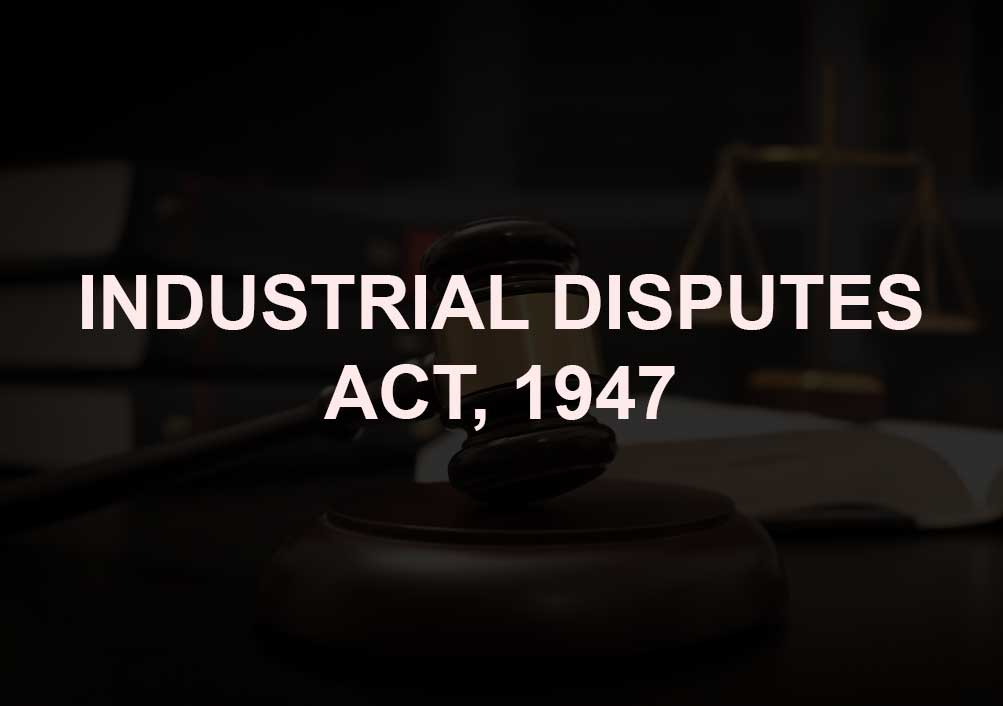Reinstatement can’t be automatic, says Apex Court while observing that in event of transgression of Section 25F of Industrial Disputes Act, suitable compensation is appropriate remedy

Read Judgment: Ranbir Singh vs. Executive ENG. PWD
Pankaj Bajpai
New Delhi, September 9, 2021: The Supreme Court has opined that reinstatement cannot be automatic, and the transgression of Section 25F of the Industrial Disputes Act, 1947, being established, suitable compensation would be the appropriate remedy.
Noticing that, though the appellant was reinstated after the award of the Labour Court in 2006, and also taking note of the fact that the appellant was, in all likelihood, employed otherwise, the Division Bench of Justice K.M. Joseph and Justice Pamidighantam Sri Narasimha opined that appellant be paid Rs.3.25 lakhs as lumpsum compensation.
The facts of the case was that the appellant working with the respondent for a period of nearly eight years, was terminated from service without complying with Section 25F of the Industrial Disputes Act, 1947.
When the matter reached Labour Court, it was found that the appellant had indeed worked for 240 days and there was noncompliance of Section 25F of the Act. Hence, the Labour Court awarded reinstatement of the appellant with 25 per cent back wages. This award was however set aside by the High Court, and hence present appeal.
This is a case where it has been found that, though the appellant had worked for 240 days, appellant’s service was terminated, violating the mandatory provisions of Section 25F of the Act, noted the Division Bench.
The Top Court found that the authority involved in this case, apparently, is a public authority, and at the same time, it is common case that the appellant was a daily wager and not a permanent employee.
On the issue whether the termination of the appellant’s service was justified and what was the amount of back wages he was entitled to, it was found, inter alia, that the appellant could not adduce convincing evidence to establish retention of junior workers. There is no finding of unfair trade practice, as such, added the Court.
The Division Bench quoted the judgment of this Court in State of Uttarakhand and another v. Raj Kumar,wherein it was held that the terminated worker should not be denied reinstatement unless there are some other weighty reasons for adopting the course of grant of compensation instead of reinstatement.
This Court, in fact, went on also to note that unlike a private body, in the case of a public body, while it may be open to resort to retrenchment of the workmen on the score that there is non-compliance of Articles 14 and 16 in the appointment, in which case, in the order terminating the services, this must be alluded to, it would still not absolve the public authority from complying with the provisions of Section 25F of the Act and, should it contravene Section 25F, it would amount to an unfair trade practice.
Therefore, the Apex Court partly allowed the appeal and directed for compensation of Rs. 3.25 lakhs to be paid to the appellant.
Sign up for our weekly newsletter to stay up to date on our product, events featured blog, special offer and all of the exciting things that take place here at Legitquest.




Add a Comment